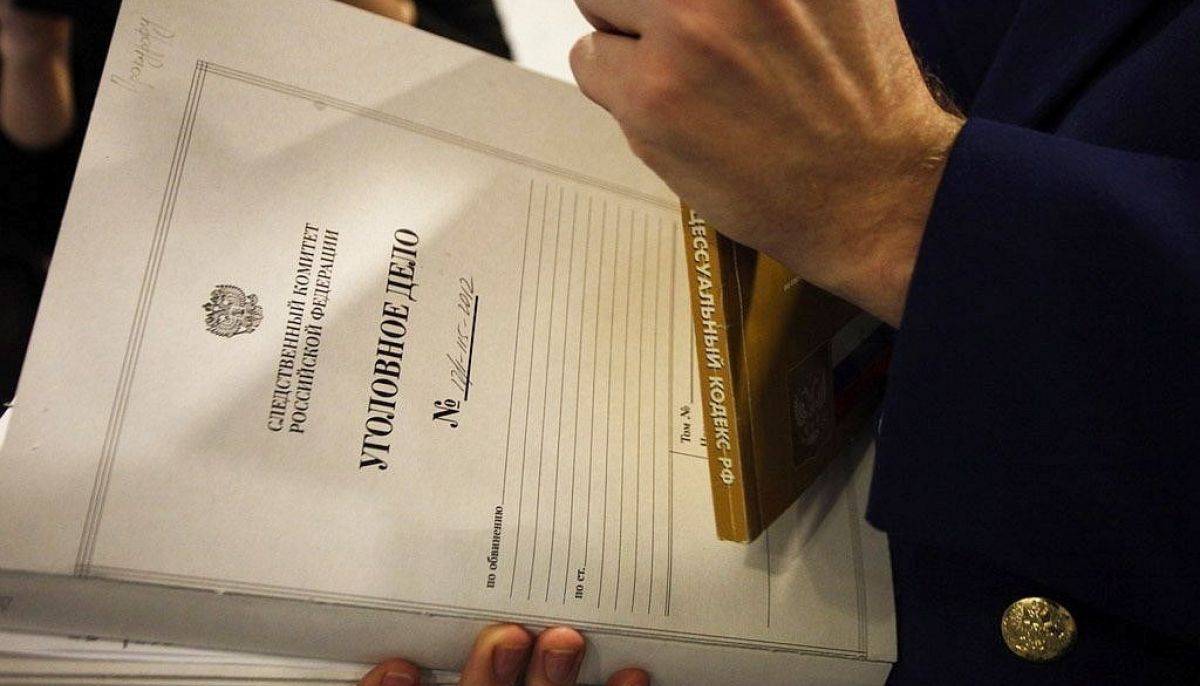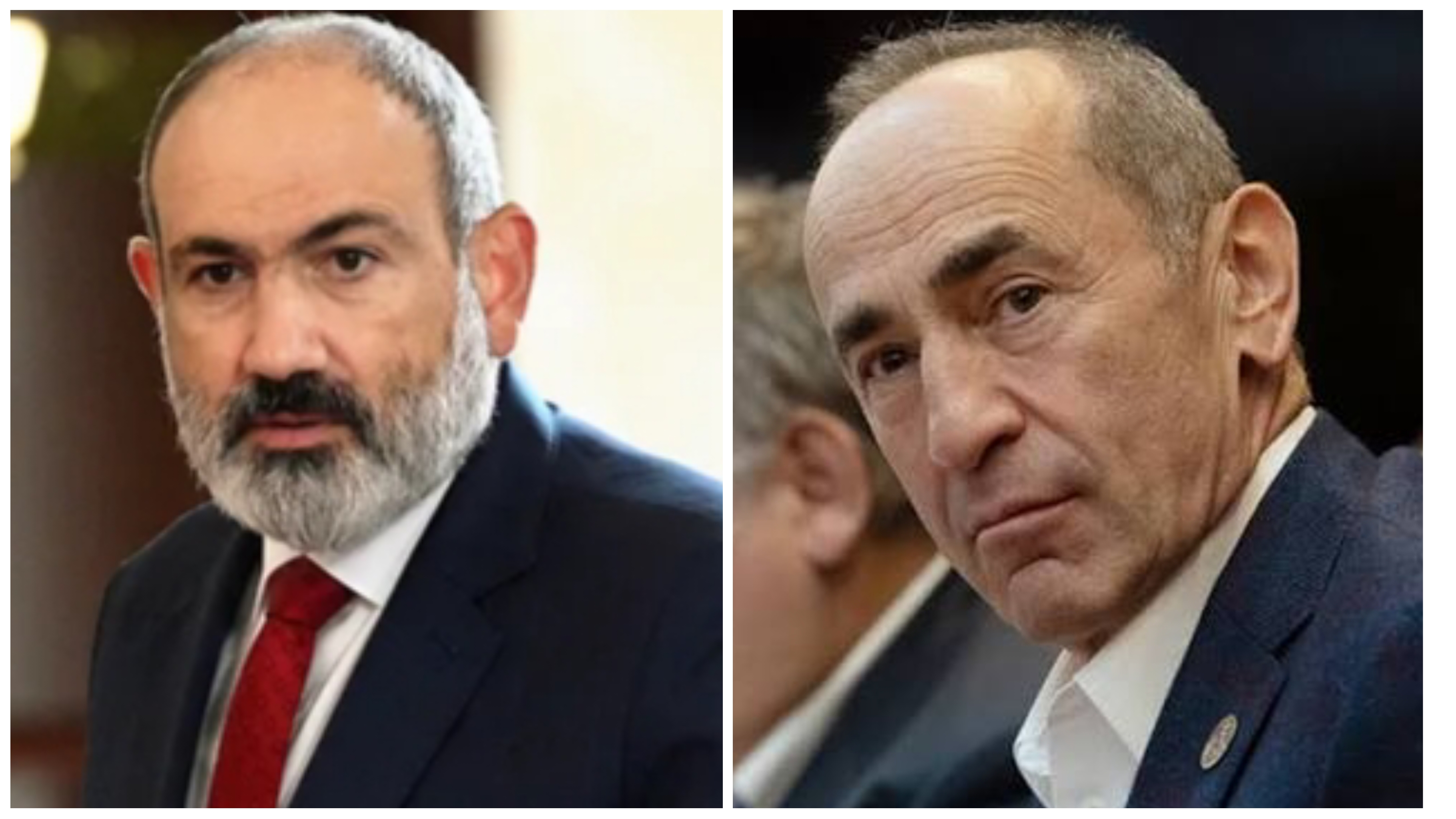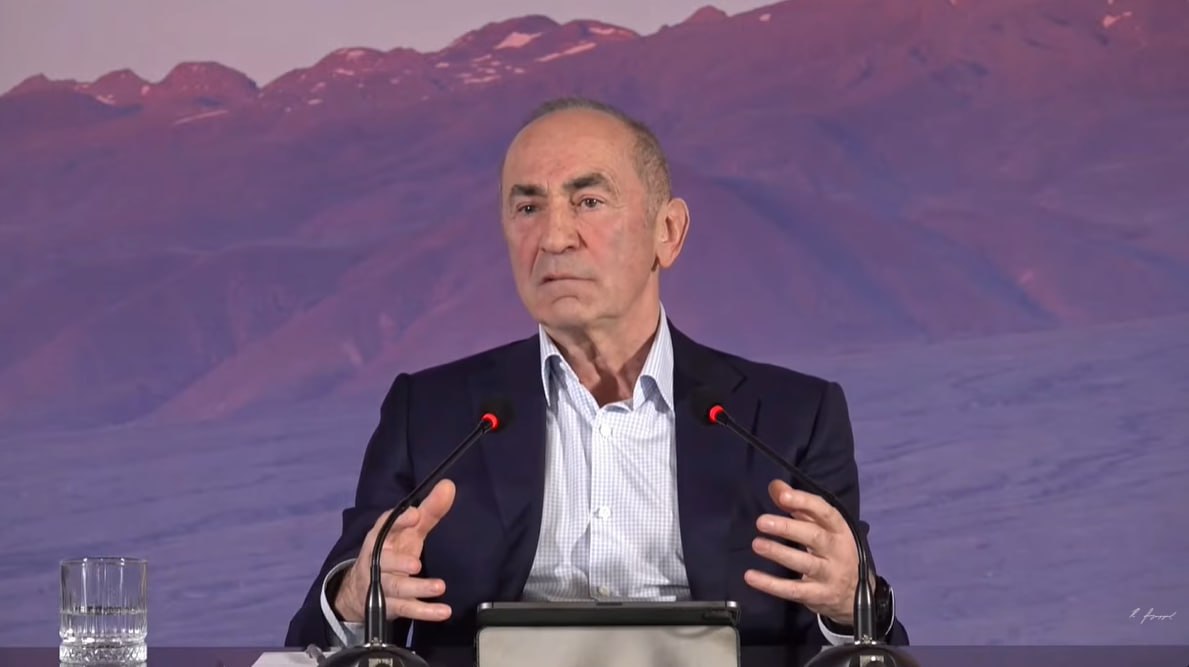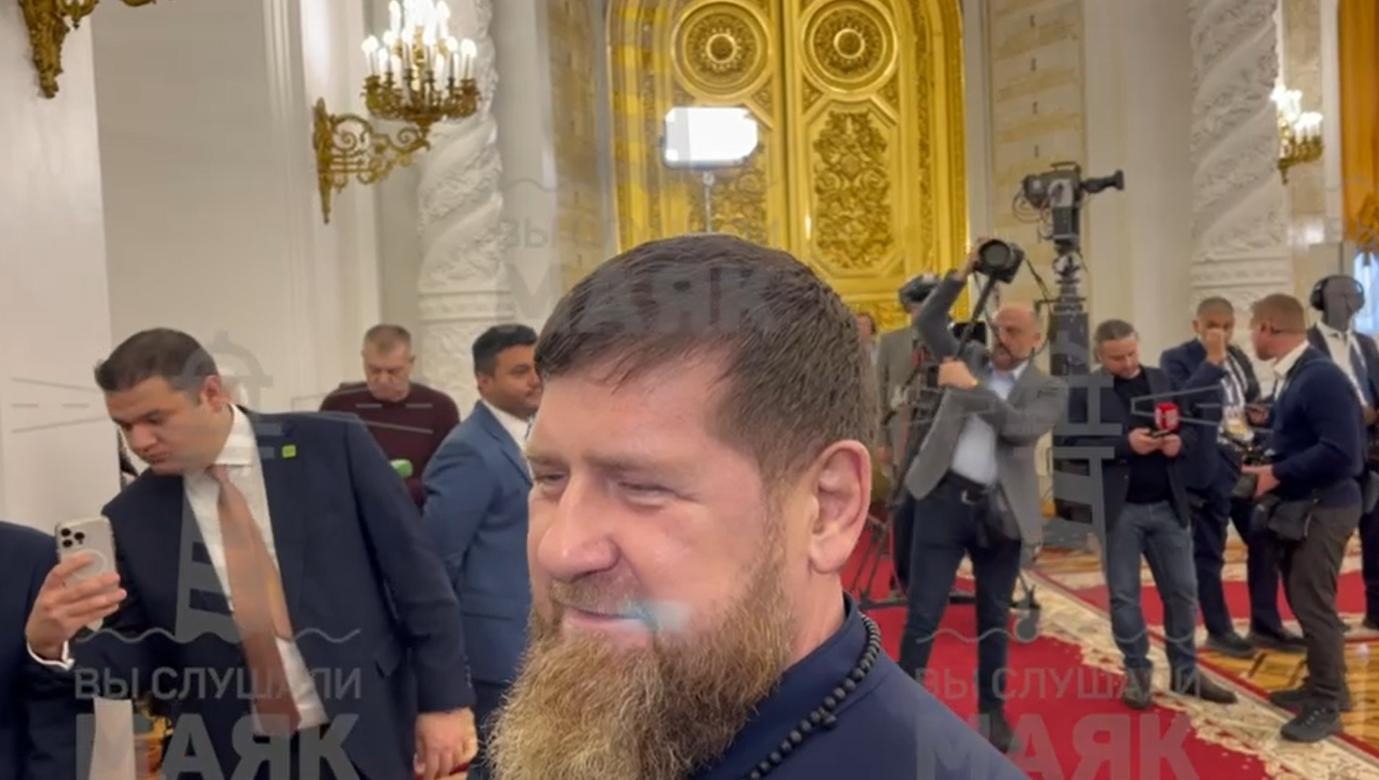A second administrative case has been opened in Chechnya in Russia for searching for "extremist materials" online. The case was registered by the Naursky District Court, and local resident Isa Magomadov is listed as the offender.
On May 10, 2023, Russian President Vladimir Putin signed a decree abolishing the visa regime for Georgian citizens and lifted the ban on direct flights between the countries. This caused mass protests in Tbilisi.
Between Russia and Europe
There have been no direct flights between Russia and Georgia for four years. Moscow's move towards rapprochement, however, was not welcomed by everyone. The government and ruling party of Georgia perceived it with satisfaction as a victory for diplomacy. Prime Minister Irakli Garibashvili said that the resumption of air traffic corresponds to the goals of national policy and is in the interests of the country. However, the president, the opposition and the public spoke out against it, calling the decree a Russian provocation aimed against Georgia’s rapprochement with Europe.
“The restoration of direct flights with Georgia and the abolition of the visa regime are unacceptable while Russia continues its aggression against Ukraine and occupies our territory. This is completely unacceptable and inappropriate timing. We don't need gifts from Russia disguised as some kind of concession. In today's situation, we are on the same side with all our European friends!” - said the country's President Salome Zurabishvili.
She proposed in response to introduce a three-month visa regime for Russian citizens, but the government did not support her. The chairman of the ruling Georgian Dream party, Irakli Kobakhidze, accused the president of participating in a campaign against obtaining EU candidate status, calling her a member of the radical opposition, reports the TG channel Tbilisi life.
Friends of Putin
The opposition unanimously condemned the authorities for their pro-Russian policies. “Russia should not cancel visas, but withdraw its troops from Georgia,” said Gigi Tsereteli from European Georgia. Deputy Roman Gotsiridze called what was happening a huge blow to Georgia’s international reputation: “Russia positioned Georgia as a friendly country, placing us next to countries such as North Korea and Belarus.” “We call on the Georgian authorities to abandon the visa-free regime with Russia and not restore flights. Moscow’s main task today is to prevent Georgia from gaining EU candidate status, and, unfortunately, the Kremlin has an ally - our government,” said Salome Samadashvili.
Former Georgian President Mikheil Saakashvili said that Putin “is not trying to ingratiate himself with the Georgians, but is preparing the ground for bringing the army into Tbilisi.”
On May 12, six opposition parties in Georgia published a joint statement in which they accused the ruling party of creating a threat of international isolation and increasing the risk of aggression from Russia.
The West also expressed concern. Deputy Speaker of the US State Department Vedant Patel said that if direct flights are resumed, companies at Georgian airports may be subject to sanctions.
Georgia's European status was under threat. Peter Stano, spokesman for the European Commission and spokesman for the EU High Commissioner for Foreign Policy, said: “Unfortunately, Georgia’s compliance with EU foreign and security policy has fallen from an already low 44% to 31%. This worries us very much."
One way ticket
The opposition did not limit itself to statements. Already on May 10, protests began in Georgia. The United National Movement party, founded by Mikheil Saakashvili, organized a rally near the building of the Georgian Foreign Ministry. Participants protested against the resumption of air travel. “We'll give you 37 coins and get out of here,” the signs read. This is how much a plane ticket from Tbilisi to Moscow cost in Soviet times. The speakers noted that with the decision to abolish visas, the Russian president “essentially declared Georgia his province.”
There was also a mixed reaction among business representatives. Georgian Airways founder Tamaz Gaiashvili approved Moscow’s decision. Later, the President of Georgia announced a boycott of the airline. One of the Georgian tour operators posted a post where he wrote that he would never offer tours to Moscow. An employee of Tbilisi International Airport said he was resigning in protest: “I will not serve those arriving on a direct flight from Russia!”
On May 15, the day the decree came into effect, a rally was held near Parliament, which lasted several hours. “At a time when Ukrainian cities and villages are being destroyed, we have no right to think about how to travel comfortably to Russia,” said one of its participants. - At a time when Russian President Vladimir Putin is declared an international criminal, we have no right to accept his gifts. The resumption of flights jeopardizes Georgia’s international reputation and exposes it to the risk of sanctions.”
On May 16, the European Georgia party held a rally near the government building. The action was called “One-way ticket to Moscow for the Ivanishvili regime.”
On May 17, women members of parliament called on the ruling party to revoke its consent to air travel with Russia.
“Russian plane, go to...”
Two more protests took place on May 19, the day the first plane arrived. One took place at the airport, its participants holding signs sending a “Russian plane” to a known address where the Ukrainians had sent a “Russian warship.” At the same time, the leader of the Droa party, which organized the action, emphasized that the protest at the Tbilisi airport was not directed against individuals, but against the position of the Georgian government. Police detained several activists chanting anti-Russian slogans at the airport.
Participants of the second rally blocked Rustaveli Avenue near the parliament building. Law enforcement officers wearing balaclavas arrived at the protest site. As noted on Georgian social networks, “this practice began only in March of this year during protests against the bill on foreign agents.”
On May 20, it became known that the Federal Air Transport Agency has authorized Georgian Airways flights from Tbilisi to Moscow and back. The airline's office in Tbilisi was pelted with eggs, and another protest took place in the evening. The ruling party accused the protesters of xenophobia and disrupting the tourist season. The demonstrators issued an ultimatum demanding the withdrawal of consent to direct flights. It was not carried out, the protesters began to block the road and dispersed only at one in the morning.
On May 21, protests under the slogan “Georgia will never become a province of Russia” continued. Batumi residents also joined the protesters in Tbilisi. Parliament Chairman Shalva Papuashvili accused the opposition movements of inciting political discord and working to increase polarization in the country with European money.
On May 29, EU Ambassador to Georgia Pavel Gierczynski, together with other ambassadors, met to express a demarche on behalf of the 27 EU countries regarding the resumption of direct flights between Georgia and Russia.
On June 28, a protest was held demanding to close the border with the Russian Federation. According to Tbilisi Life, almost 6 thousand people have registered for it. On June 30, the day of the prime minister's annual report, activists with anti-government slogans gathered outside the parliament building. Several people were detained.
Direct flights between Moscow and Tbilisi are operated by Georgian Airways and Azimut. Tickets cost about 17 thousand rubles.



